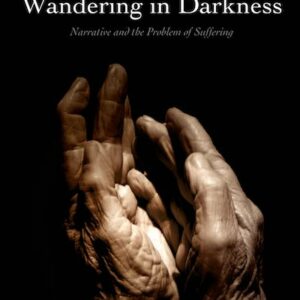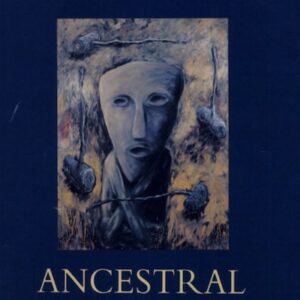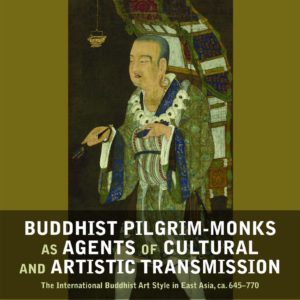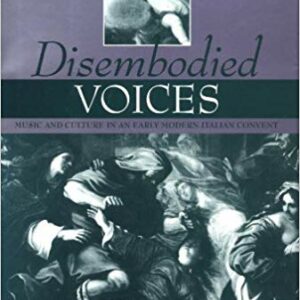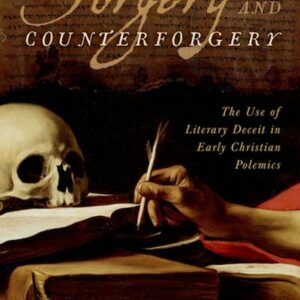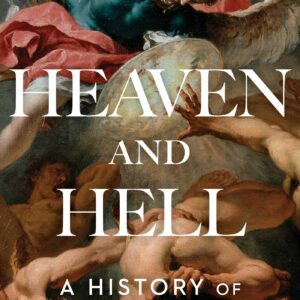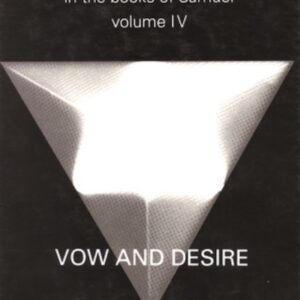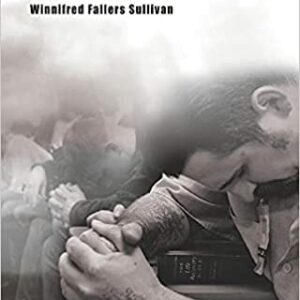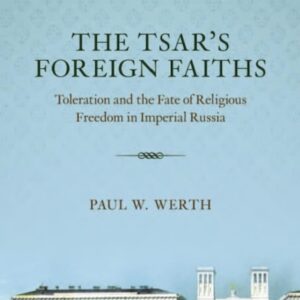
The Tsar’s Foreign Faiths: Toleration and the Fate of Religious Freedom in Imperial Russia
By Paul W. Werth (NHC Fellow, 2007–08) The Russian Empire presented itself to its subjects and the world as an Orthodox state, a patron and defender of Eastern Christianity. Yet the tsarist regime also lauded itself for granting religious freedoms to its many heterodox subjects, making 'religious toleration' a core attribute of the state's identity. The … Continued
